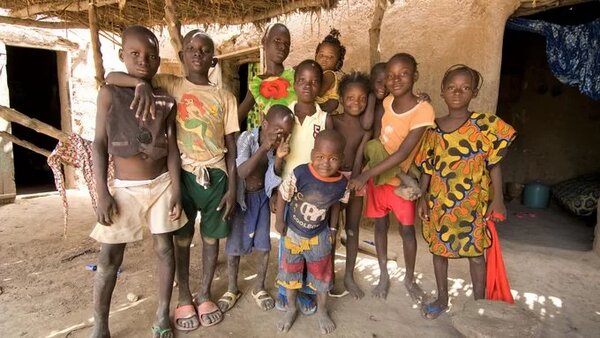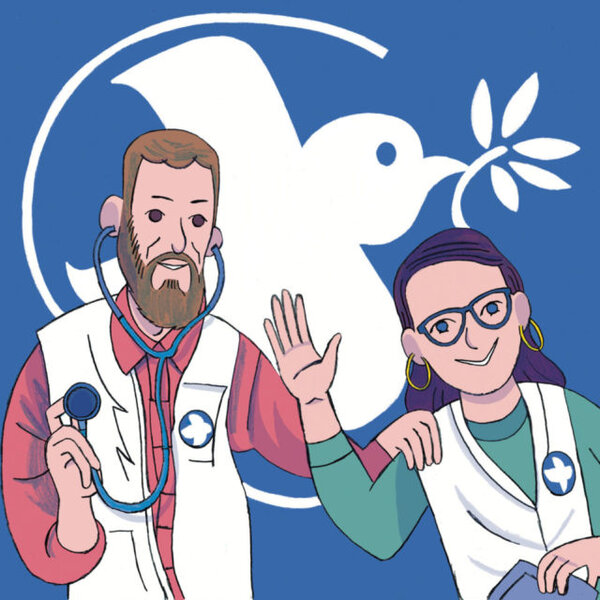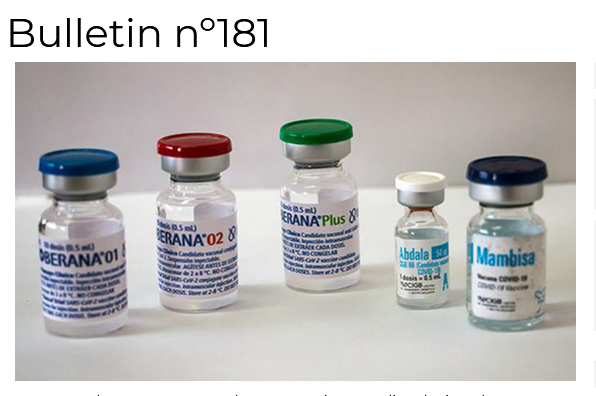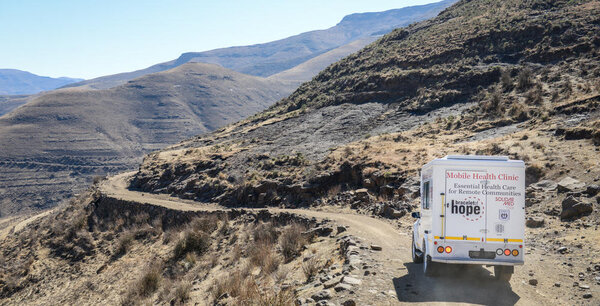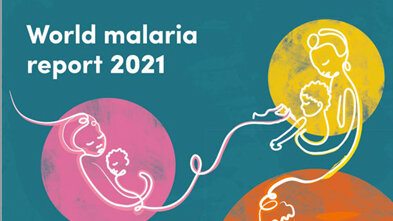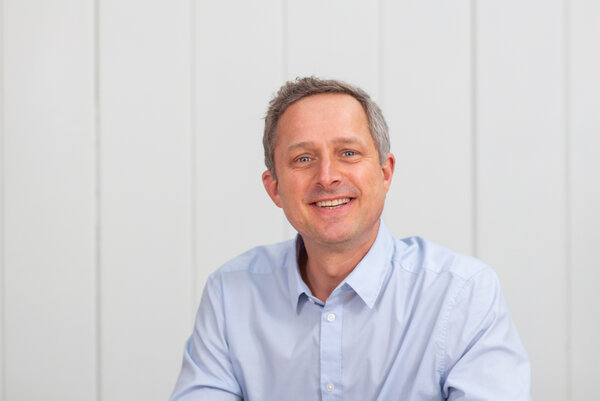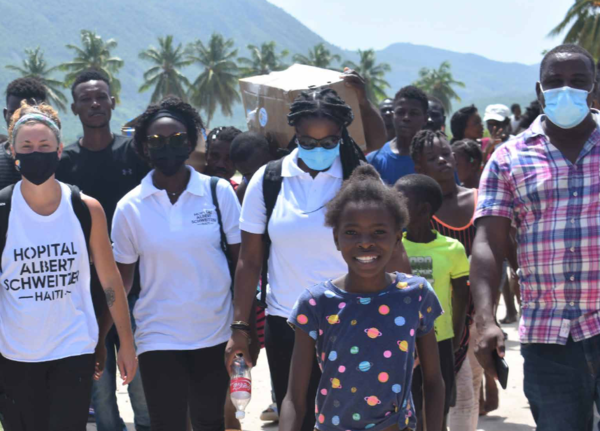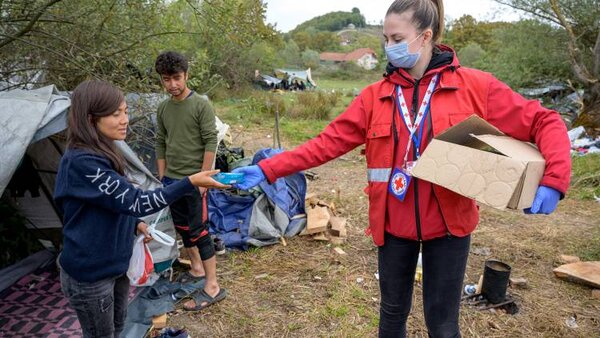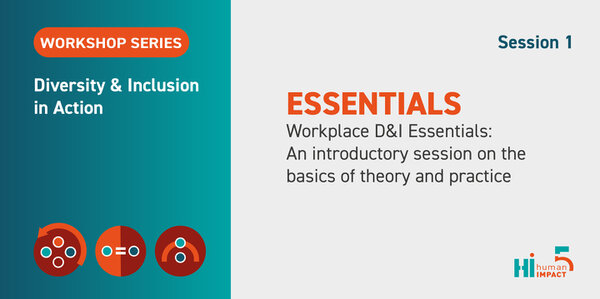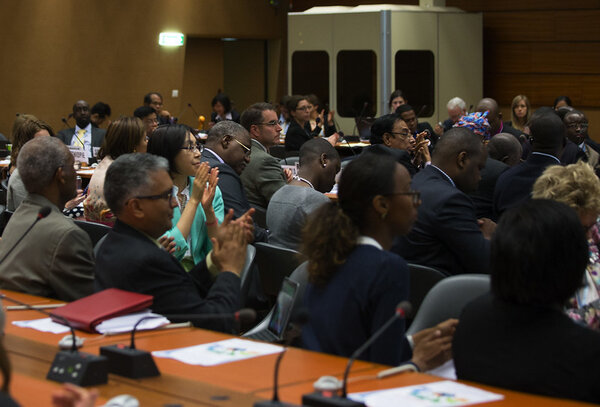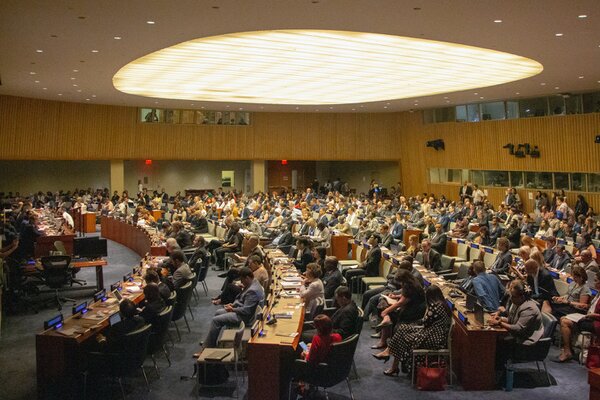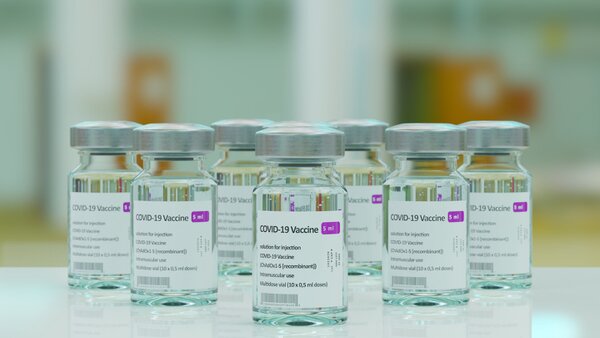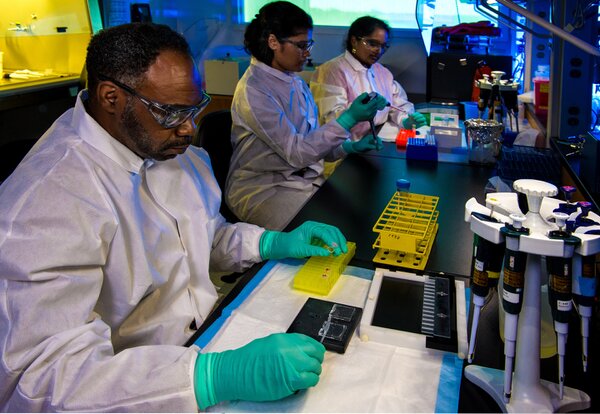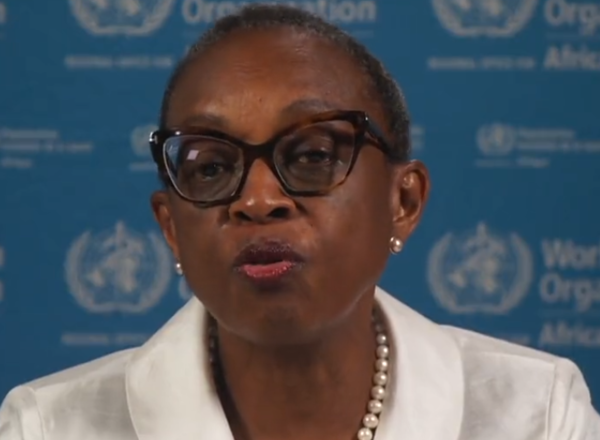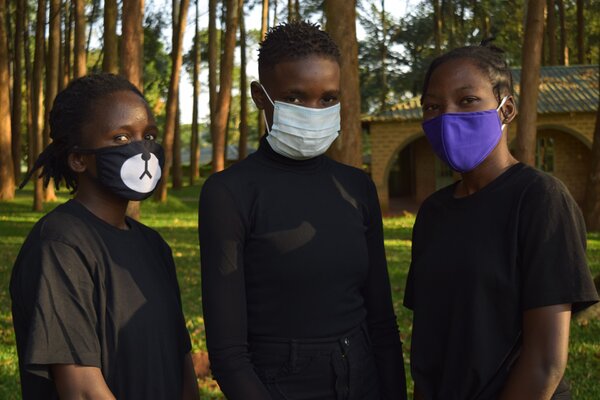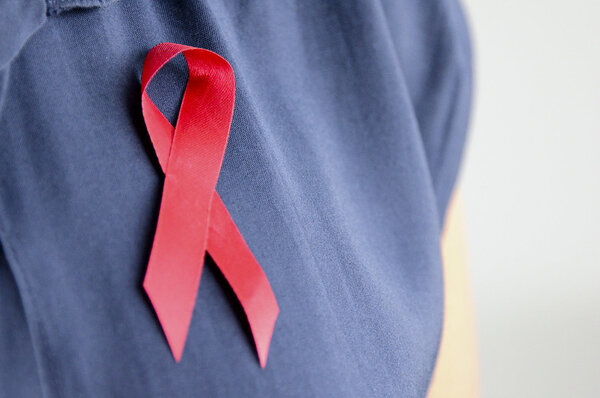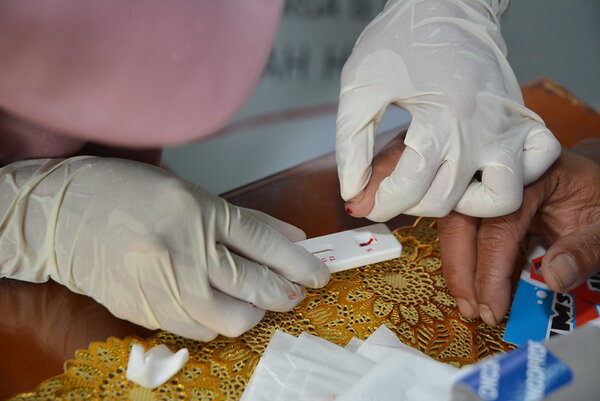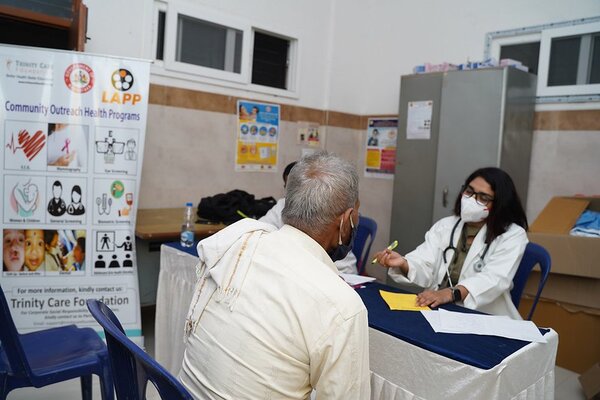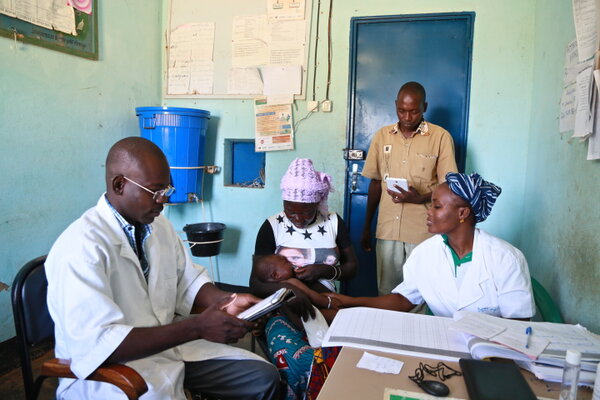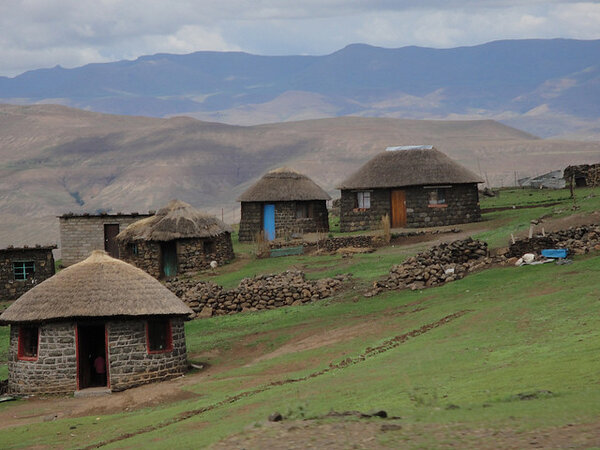Récemment, la série « It’s a sin » est
passée sur différents services de streaming. Celle-ci plonge les
téléspectateurs et téléspectatrices dans la ville de Londres des années 80 –
pendant une époque culturelle en plein essor, en plein milieu d’un des points
névralgiques d’une crise sanitaire globale. Pour quelqu’un comme moi, qui a
grandi et est devenu un jeune homme pendant cette période, c’est une époque
marquante durant laquelle est apparue avec le virus VIH, une nouvelle maladie
inconcevable et effrayante. Si aujourd’hui le VIH peut être considéré par les
jeunes comme un chapitre presque oublié, c’est surtout parce que nous disposons
de thérapies antirétrovirales (ART) constituant une arme médicale permettant de
ne plus voir le sida sous une perspective dramatique.
Le mouvement des LGBTQ (lesbiennes, gays, bisexuels, transgenres et queers) des années 80
Le mouvement LGBTQ, grâce auquel nous pouvons bénéficier des ART, a joué un rôle déterminant dans les années 80. Il a contribué à ce que le sida ne soit pas considéré comme une « maladie d’homosexuels ». Il a également combattu le virus avant tout en s’opposant à la discrimination et en s’engageant pour les droits sexuels. Et, il a maintenu une pression constante sur la recherche scientifique ce qui a permis l’émergence des ART. Nous devons ce combat à une constatation importante : les succès dans le domaine de la santé publique ne se font pas sans l’engagement pour l’égalité et l’équité.
La société civile et les communautés comme acteurs de la politique de la santé
Il ne peut y avoir une santé publique durable sans l’engagement des sociétés civiles ou de celui des communautés concernées. Or la marge de manœuvre nécessaire à cet engagement est devenue toujours plus étroite ces dernières années – ayant des conséquences négatives pour la santé mondiale, mais également dans beaucoup d’autres domaines sociaux.
L’année prochaine, la Suisse sera élue au Conseil de sécurité et dès 2023, elle sera proche de la politique globale pendant deux ans. En siégeant au Conseil de sécurité, la Suisse a la responsabilité de contribuer à élargir cette marge de manœuvre aux organisations non gouvernementales ainsi qu’aux communautés.
Martin Leschhorn Strebel
Réseau Medicus Mundi Suisse
E-Mail


